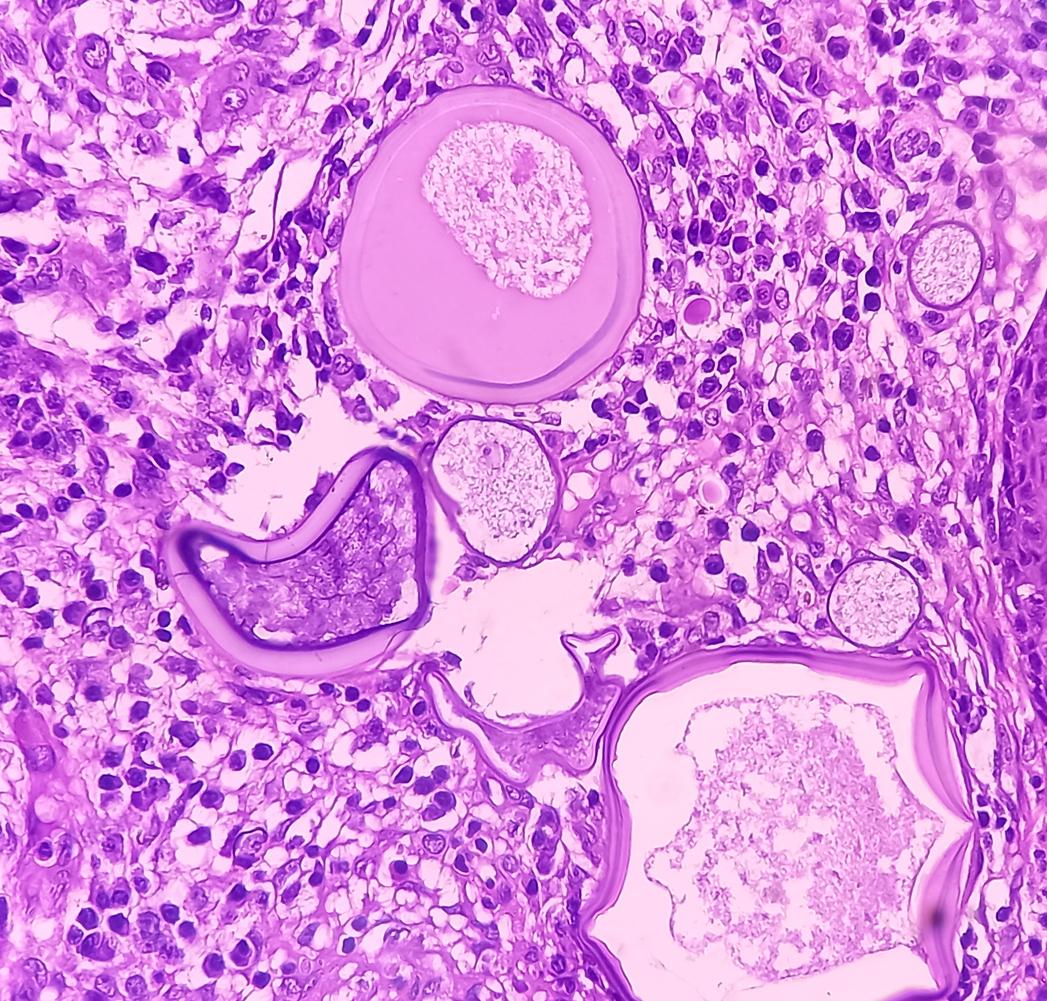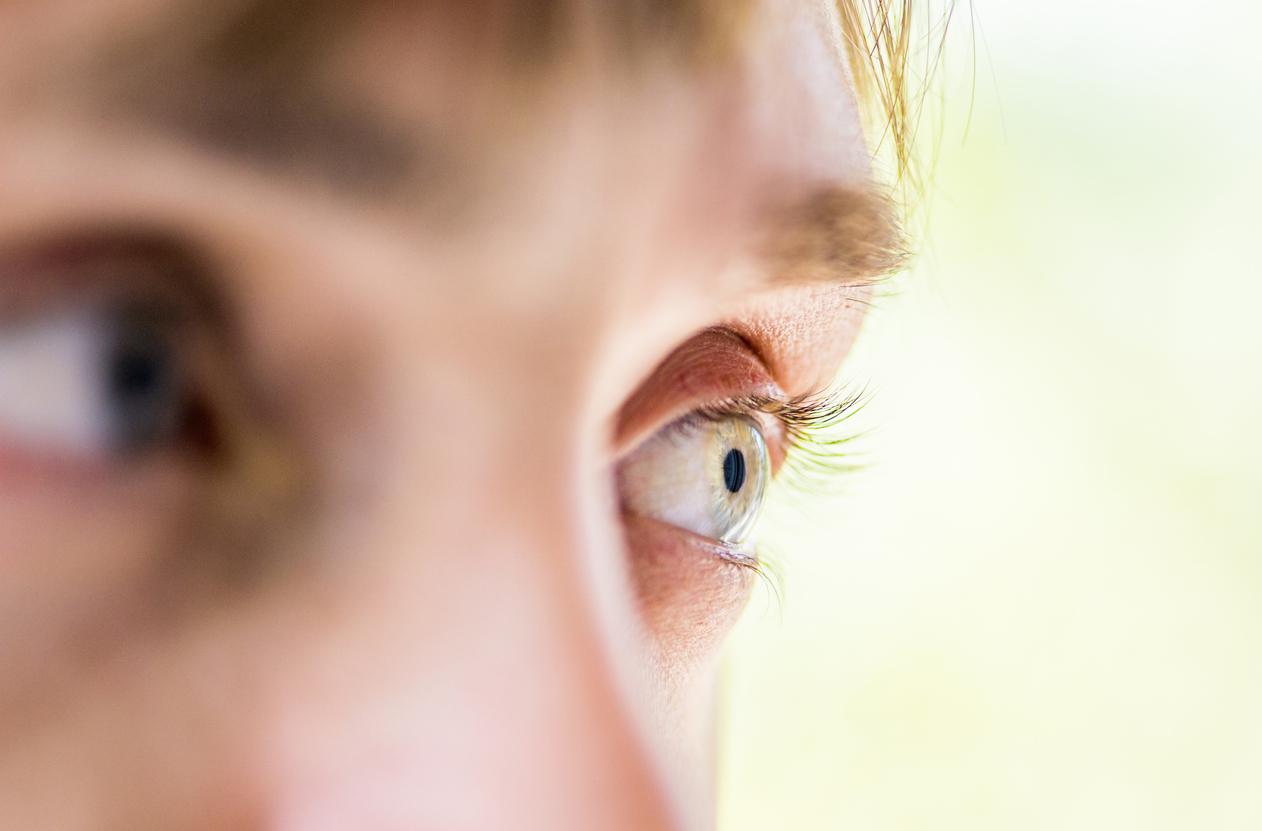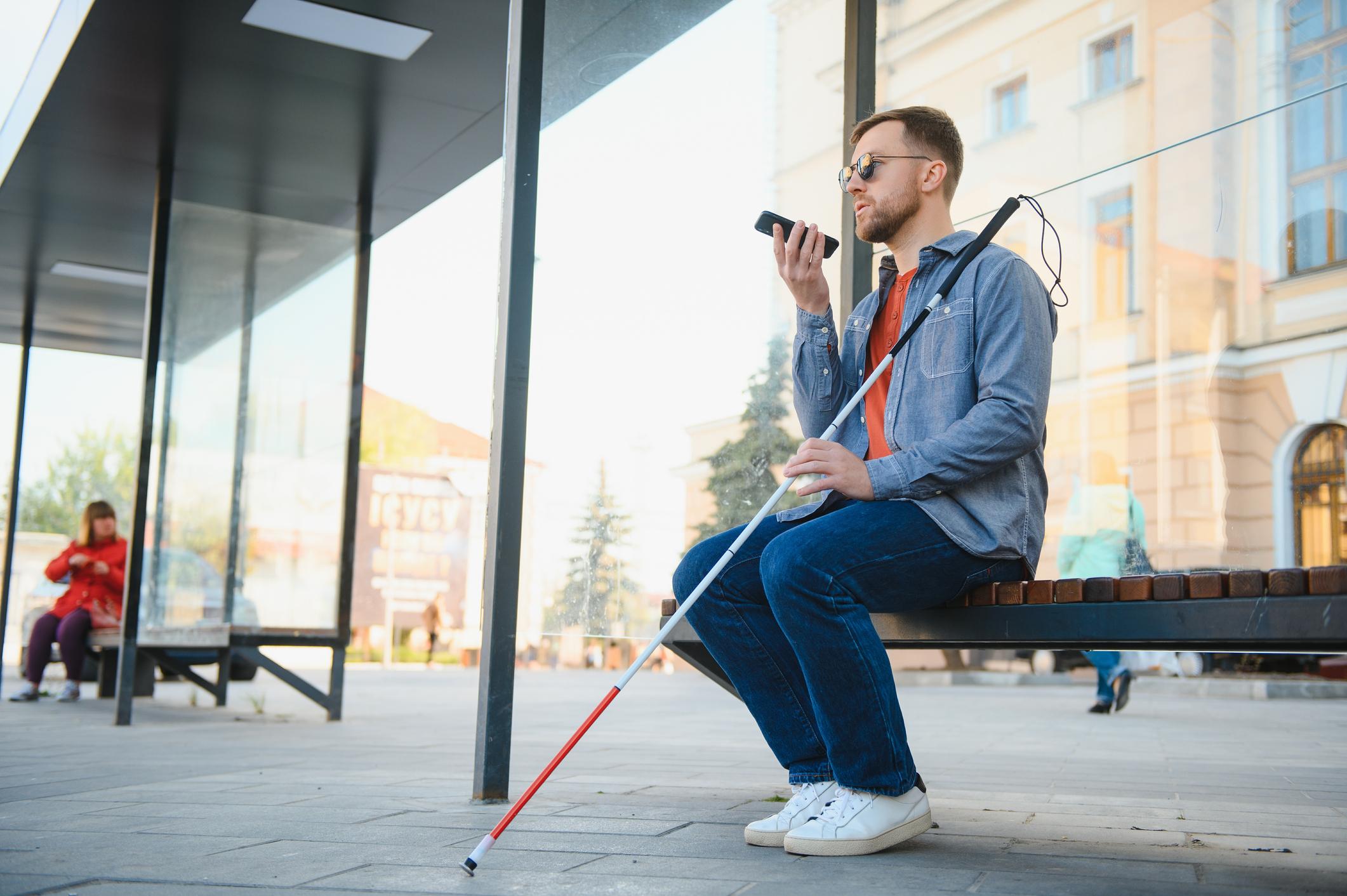
Do you have trouble driving in the dark, finding your seat in a dim cinema hall or do you see nothing of that beautiful, clear starry sky? Poor vision in the dark is also known as night blindness. It is not an eye disease, but a symptom of cataracts or a vitamin deficiency. It can also be the result of a hereditary eye condition.
Retinitis pigmentosa
Damaged rods can be the result of retinitis pigmentosa (RP). This is a collective name for a group of hereditary diseases in which the retina is affected.
RP often starts with night blindness. Subsequently, the vision at the edges of your field of view can gradually decrease, making it seem as if you are looking through a duct. At a later stage, the view in the center of the field of view may also decrease.
stare
People with retinitis pigmentosa often also develop cataracts, a clouding of the lens of the eye. This eye disease is also common in the elderly. About 70 percent of 75-year-olds suffer from it. It occurs when proteins in the lens clump together, so that the lens is no longer clear.
You will then see more blurry during the day and also in the dark visibility is less because the cloudy lens blocks the light. Some people see halos around light sources, such as lampposts and the headlights of oncoming traffic, making driving at night a problem.
Vitamin A deficiency
Another cause of night blindness is a vitamin A deficiency. Before you notice anything, you have to get too little vitamin A for a long time. If you have such a so-called chronic deficiency, you can have problems with your vision. Night blindness is usually the first symptom. This is rare in the Netherlands, but in developing countries a vitamin A deficiency is the main cause of blindness.
Vitamin A is found in animal products such as meat and meat products, dairy products, fish and egg yolks. In addition, vitamin A is often added to margarine, low-fat margarine and baking and roasting products. You can always read that on the label.
Other causes
When you are nearsighted, you see sharply up close, but objects in the distance are blurry. You will then need lenses or glasses with a minimum strength. If you do not wear glasses or contact lenses or if they are on the weak side, you will probably see (even) less well in the dark.
In addition, most people notice that as they get older they need good lighting, for example to read the newspaper. In these cases there is no real night blindness.
Therapy
There is no treatment for Retinitis pigmentosa. There is something that can be done about seeing poorly in the dark as a result of cataracts. Cataracts can be solved with surgery in which the cloudy lens is replaced with an artificial lens. You can combat a vitamin A deficiency by getting enough vitamin A. If you are short-sighted and suffer from reduced vision when driving in the dark, stronger glasses can help.
Some people with night blindness benefit from special glasses. Such glasses often have yellow lenses that eliminate glare and increase contrast. You can find them at opticians, among others.
Source: oogfonds.nl, Gezondheidsnet

















